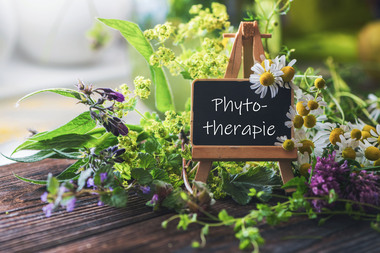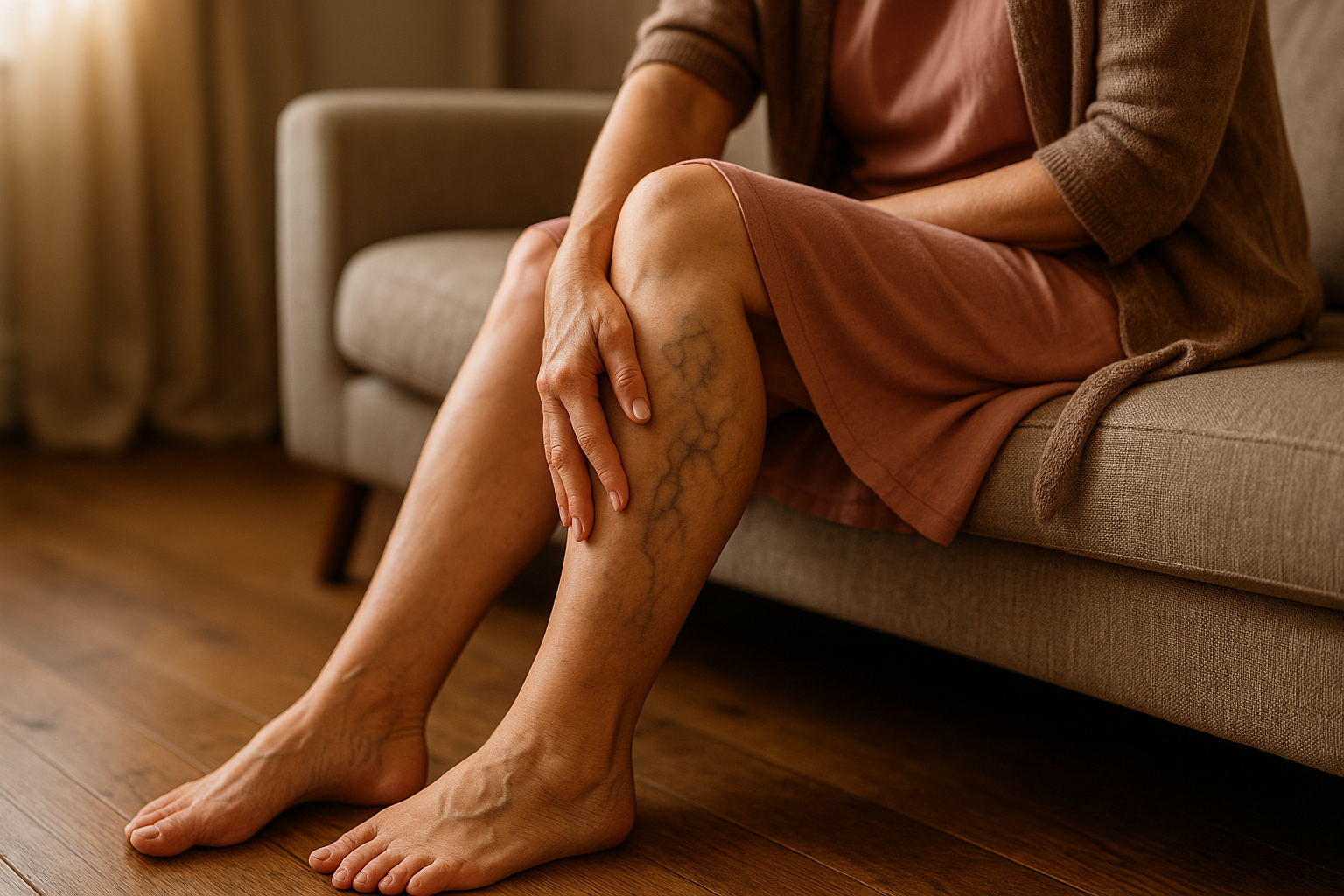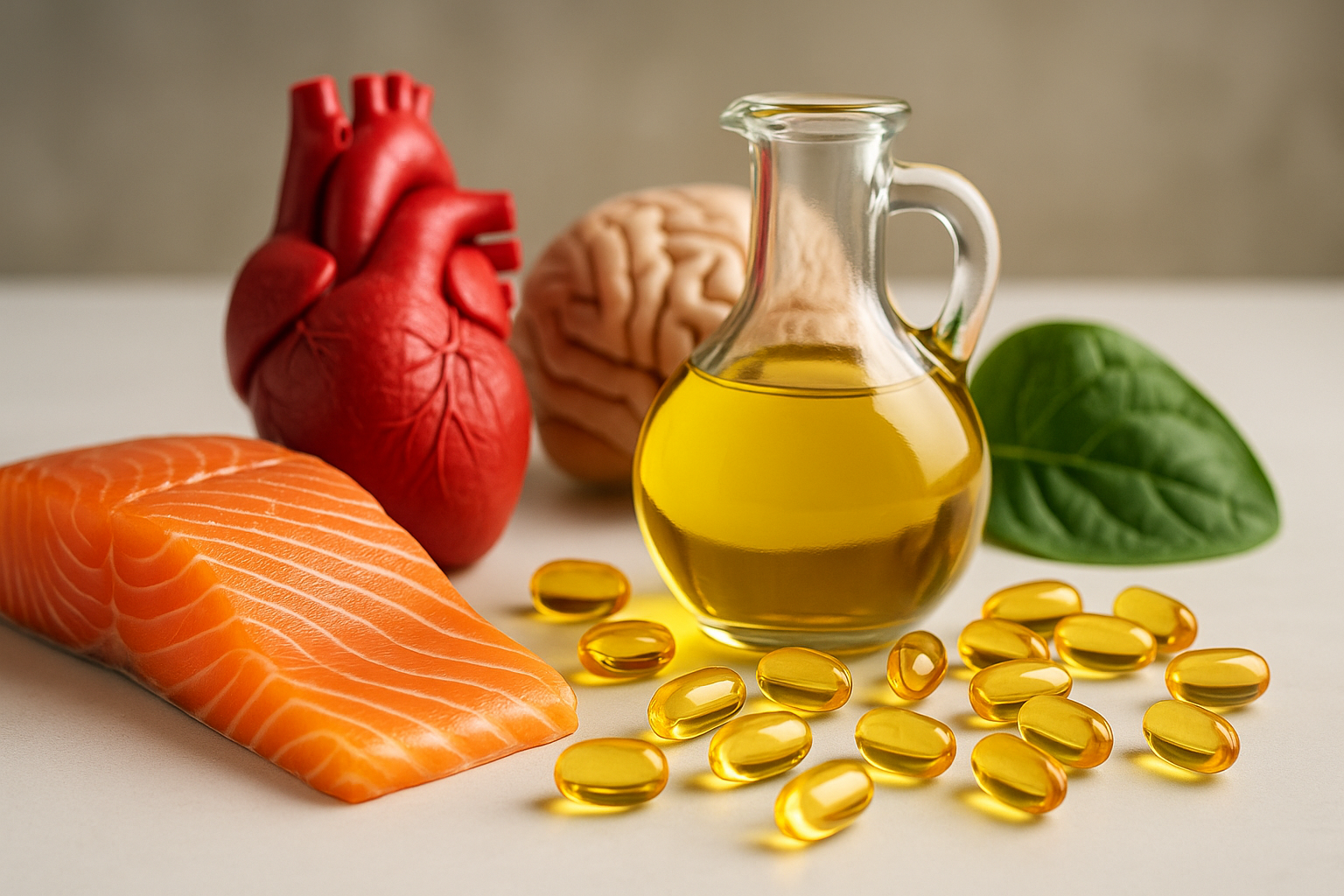
Innumerable plants contain active ingredients that are used against a variety of diseases. It is important to do this under expert guidance to avoid side effects and interactions.
The French doctor and author Henri Leclerc (1870-1955) coined the term phytotherapy. Behind this is the knowledge of the treatment with plants, the herbal medicine. The healing effect of the plants is due to different active ingredients, which differ significantly from one plant to another. These groups of active ingredients include flavonoids, alkaloids, saponins, glucosides and coumarins. The field of application is very extensive, but different for each plant, so that the respective individual case must be considered. For example, phytotherapy can be used for sleep disorders or in gynaecology. The dosage form is varied, the herbal active ingredients can be administered as tea mixtures, fresh plant juices, tinctures, bath additives, compresses, tablets, suppositories, dragees or creams and ointments.
The medicinal plants are used as remedies in phytotherapy. Self-medication is not recommended, as each herb can also have side effects and interactions with other medicines. Often, however, phytotherapy is used by experts with success for a wide variety of diseases. Important for the effect of the individual plants are the time of harvest, quality, processing and storage.
The plants, depending on the ingredients, have the most diverse effects. Mixtures are carefully composed so that the individual remedies can support each other and thus strengthen the effect. This requires a sound knowledge. Phytotherapy is successfully used for respiratory diseases, colds, for building up the immune system, for sleep disorders, for complaints in the urogenital tract, in gynaecology and for many more.
Pregnant women, nursing mothers and children can also benefit from phytotherapy. However, special care should be taken here and an experienced therapist and/or a detailed consultation in the pharmacy is absolutely necessary. Even if "only" tea recipes are used, care is required, as some plant active ingredients can have a strong circulation-enhancing and/or contraction-inducing effect. In infants, toddlers and children, special care must be taken to ensure that the dosage is appropriate.
By the way, there are two types of phytotherapy: the scientific and the experiential-health oriented. The former uses the plants according to their different ingredients and the corresponding effects. Experiential herbal medicine is based primarily on direct observations that have been collected and handed down over centuries in the use of medicinal plants.
* This text may contain translation errors as the translation was performed by an online translation tool.










